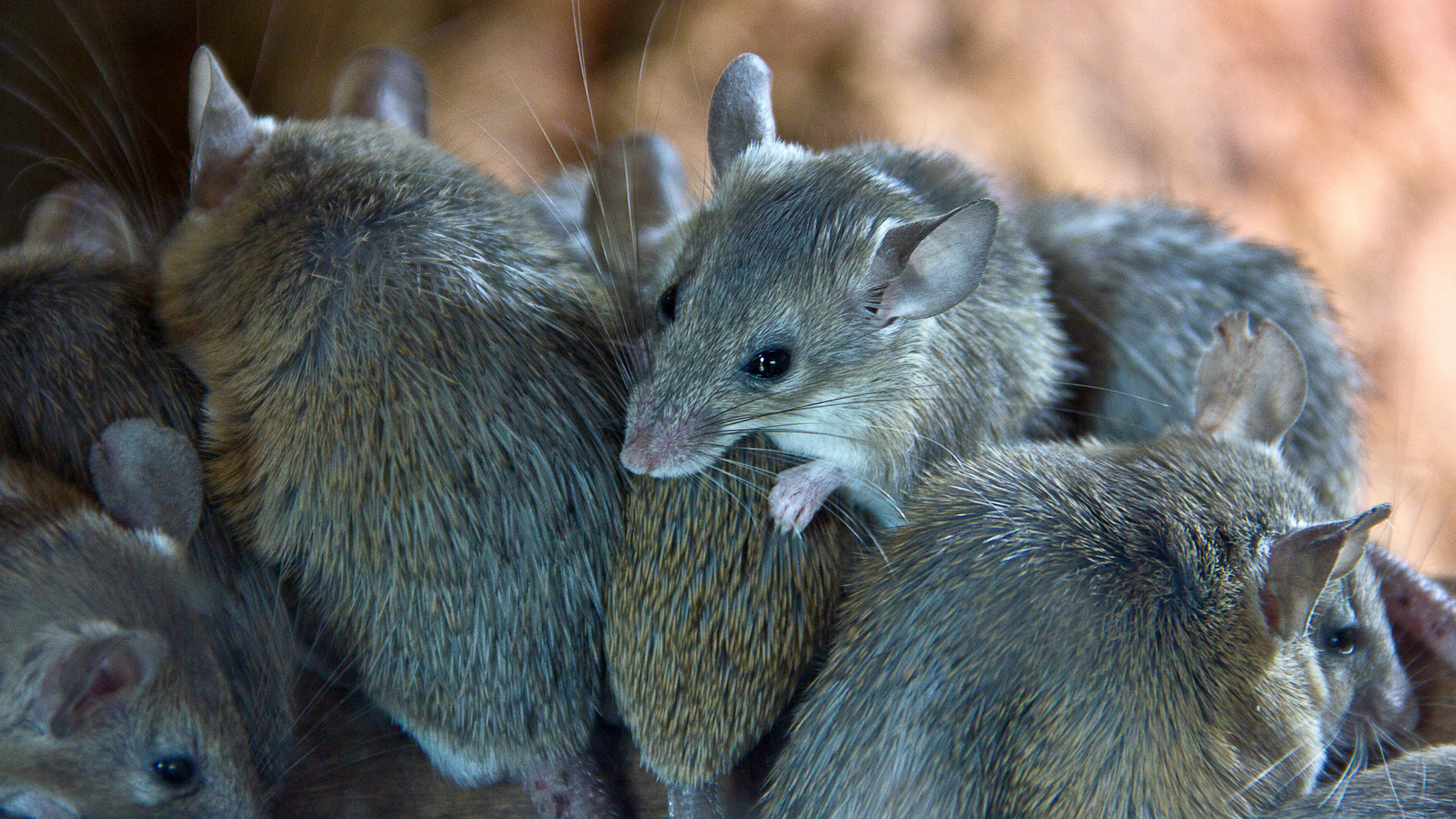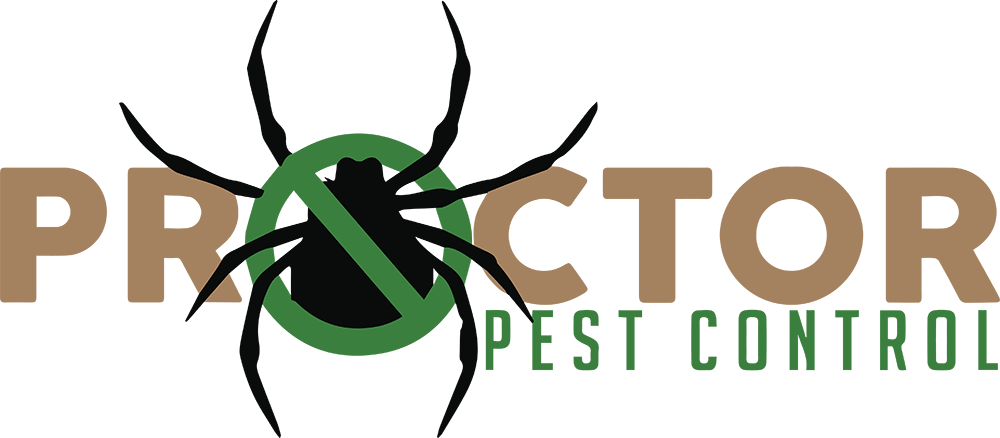
31 Aug What Do Mice Eat?
A mouse is one of the most widely-known pests in the world. Mice are the single most common rodent encountered as home pests due to their small size, prolific nature, and speed.
Mice are small rodents varying between two to four inches in length. There are several known varieties of mice, but the ones you may find in your home will typically have a light grey or brown color with an off-white underbelly.
Mice are resourceful creatures, using any materials they can find to build their nests and digging holes to travel wherever they need to go.
If a mouse gets into your home, whether living in your walls, basement, crawl space, or attic, it will begin to chew and dig through your walls to find food.
If you do not handle a mouse problem immediately, they will eventually locate your kitchen- and you would be surprised at what they can eat!
The Foods That Mice Like
Many people associate mice with cheese, but mice do not show a preference for dairy products- though they will readily eat it if available.
Mice are omnivores, meaning they will eat both meat and plants, depending on their needs and what is available.
Their favorite food may not be cheese, but they do show a preference for natural foods such as seeds and grains, though their natural diet of fruits and nuts is also beloved.
Mice will eat any insects they may come across, as well- this may be the only positive that comes from a mouse infestation, though mice can be even more destructive than bugs are.
House mice will also find their way into trash cans to retrieve scraps of food, meaning that your trash can may take damaged and the house may hide rotting food in your home.
Mice do not just eat human food, however. A mouse will chew wires and insulation as both a food source and a nesting material. These habits can cause severe damage to your home or belongings.
Signs You Have A Mouse Infestation
Thankfully, the presence of house mice can be blatant, so you can get rid of them quickly. Here are some of the signature signs of a house mice infestation:
- Finding Small, oily marks or fingerprints on the walls or floor
- Finding small feces near furniture or walls
- Finding Damage to electrical devices and wiring
- Finding food scraps in odd places
- Finding food scraps with small nibble marks on
- Finding containers in your pantry with damage
Mice are also prolific breeders; a female mouse can produce six babies every three weeks, and each baby mouse can produce more mice at four weeks of age.
More mice mean a sizable infestation, meaning these signs will be more blatant. Increased mice presence can also trigger allergies and asthma attacks in residents with breathing issues.
If you notice your allergies acting up more than usual, it may be a good idea to check for mice!
Getting Rid Of Mice
If you have a small mouse problem, you can buy mouse traps and poisons from most appliance stores.
However, the most efficient way to treat a mouse infestation and prevent further mouse presence is to call a pest control professional!



